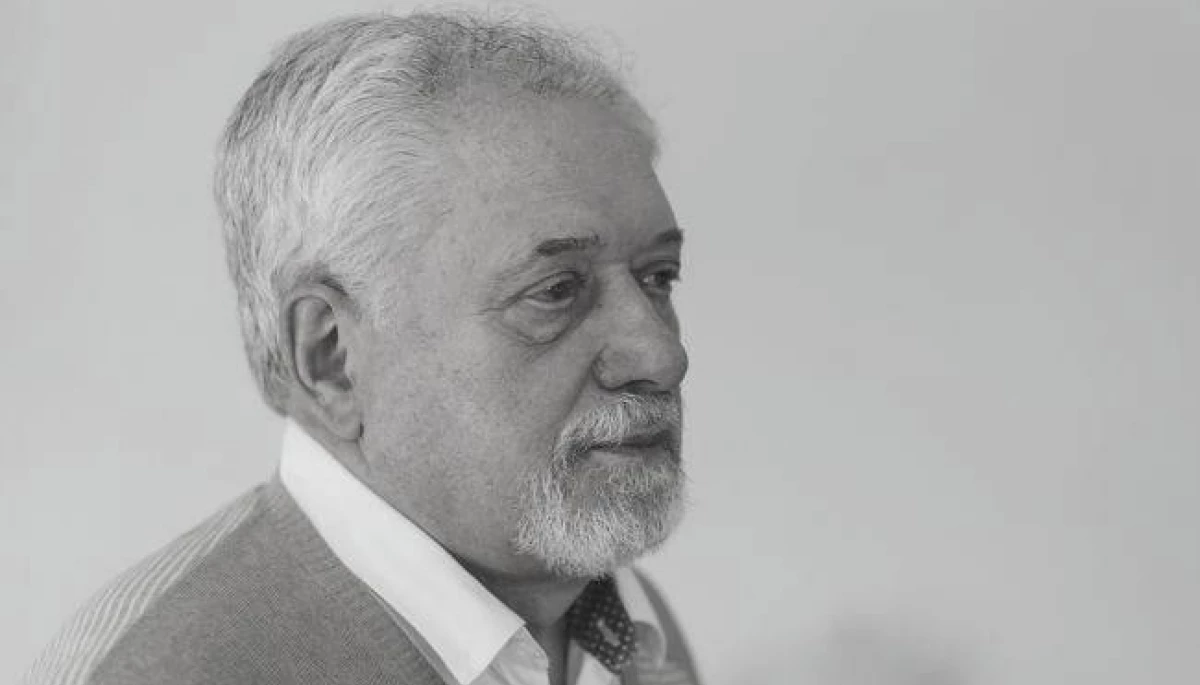Euronews : the Adapted Version
The international media all reported the events in Kyiv on Independence Day. Details obviously differed, however not so very radically. All of them, Reuters, Associated Press, the BBC and many others explained that the protests were primarily over the trial and detention of former Prime Minister and Leader of the opposition Batkivshchyna Party, Yulia Tymoshenko, and other ministers and officials from her government.
Euronews was no exception - at least not in English. Its coverage was quite different, however, in Ukrainian on the very day that the Ukrainian Service was launched. The transcripts of the English version and translation of the Ukrainian below make this disturbingly clear.
| Protests mark Ukraine's 20 years of independence Ukraine has been celebrating the 20th anniversary of its independence from the Soviet Union. President Viktor Yanukovich used the occasion to put the emphasis on continuing economic reforms and efforts to move closer to mainstream Europe. Before the celebrations he said he believes 2011 will see Ukraine complete negotiations on political association with the EU, and the creation of a comprehensive free trade zone. But Yanukovich made no mention of a controversial court case that is polarising public opinion in Ukraine. His main adversary, the former prime minister Julia Tymoshenko, is on trial for abuse of power when she was in office. Thousands of her supporters turned out in Kiev to express anger and criticism that has been echoed in the US and the EU. The court hearing the case refused her application for two days parole so she could spend the independence holiday with her mother. Critics argue that she is the victim of a vendetta by Yanukovich who narrowly beat her in the presidential election last year. A large crowd of her supporters left a park in central Kiev heading towards the presidential HQ shouting anti-Yanukovich slogans. They were kept back by lines of riot police. No one was arrested. | Translation of the Euronews Ukrainian Service report Anniversary of Ukraine's independence marked by concerts and protests A gala concert has taken place on Independence Square to mark the occasion. This year they did without a military parade in order to save public money. The Ukrainian President Viktor Yanukovych laid flowers at the monuments to Taras Shevchenko, Mykhailo Hrushevsky and Volodymyr the Great. In his address the Head of State urged people to prevent political division in the country. Despite a court ban on the rally against the current regime members of 12 opposition parties came out onto the street. They demanded early parliamentary and presidential elections, as well as the release of members of the former government whom they called "political prisoners". Several hundred protesters gathered in Shevchenko Park, and then tried to get to the President's Administration however their path was blocked by police officers. There was a skirmish. The protesters managed to break through the first cordon of police, however could not get around the metal shield of the Special Force officers. After this the opposition members tried to get onto Independence Square, but they were prevented by Berkut [Special Force) officers. The protesters ended their march near the Pechersky District Court where the next hearing in the trial of Yulia Tymoshenko will be held tomorrow. |
The Head of the Euronews Ukrainian editorial office in Lyons, Fidel Pavlenko gave his explanation to Telekritika. He asserted that the "work of Euronews journalists is to write their own reports, and not translate English or French or Arabic news". He dismissed any suggestion that the detail about Yanukovych not mentioning Tymoshenko had been left out deliberately, and said that he is not certain that their journalists should report what somebody "didn't mention". He acknowledged only the "regrettable mistake" over the assessment of numbers. While the demonstration in Shevchenko Park gathered thousands, there were only hundreds who tried to break through the Presidential Administration, but the reports were at variance here.
It would be hard to dispute that journalists must write their own reports and that they cannot be reproached for failure to note what somebody didn't mention, even if that somebody is the President who was silent about his opponent and the former Prime Minister spending Independence Day remanded in custody, together with other former members of her government. Mr Pavlenko's arguments are, nonetheless, far from convincing, and not only because the "regrettable mistake" with figures was so similar to the "mistakes" made everyday on the State-owned UTV-1 which is Euronews' partner in Ukraine. The focus is quite simply radically different. Given the concern expressed by most democratic countries about the trial of Yulia Tymoshenko, it seems hardly unreasonable to think that the Ukrainian version would focus at least as much on this as on which monuments the President laid flowers at.
The reasons for concern over Euronews' link with UTV-1 are outlined here and were clearly articulated in the warning from the civic movement Stop Censorship soon after the arrangement between Euronews and the State-owned channel was announced.
With UTV-1 regularly one of the two worst offenders for muffling information of public importance and other infringements of journalist standards, the choice of partner had seemed, at best, strange.
It is now difficult not to feel greater concern. The concern would surely be shared by all viewers of Euronews in the light of such divergent reports. This is not a road Euronews should be taking.











